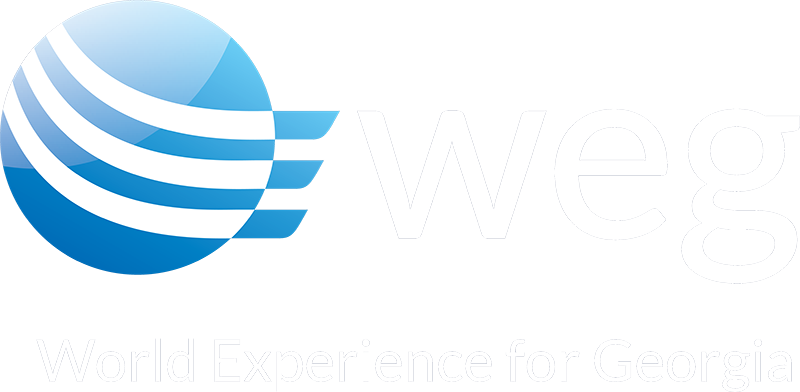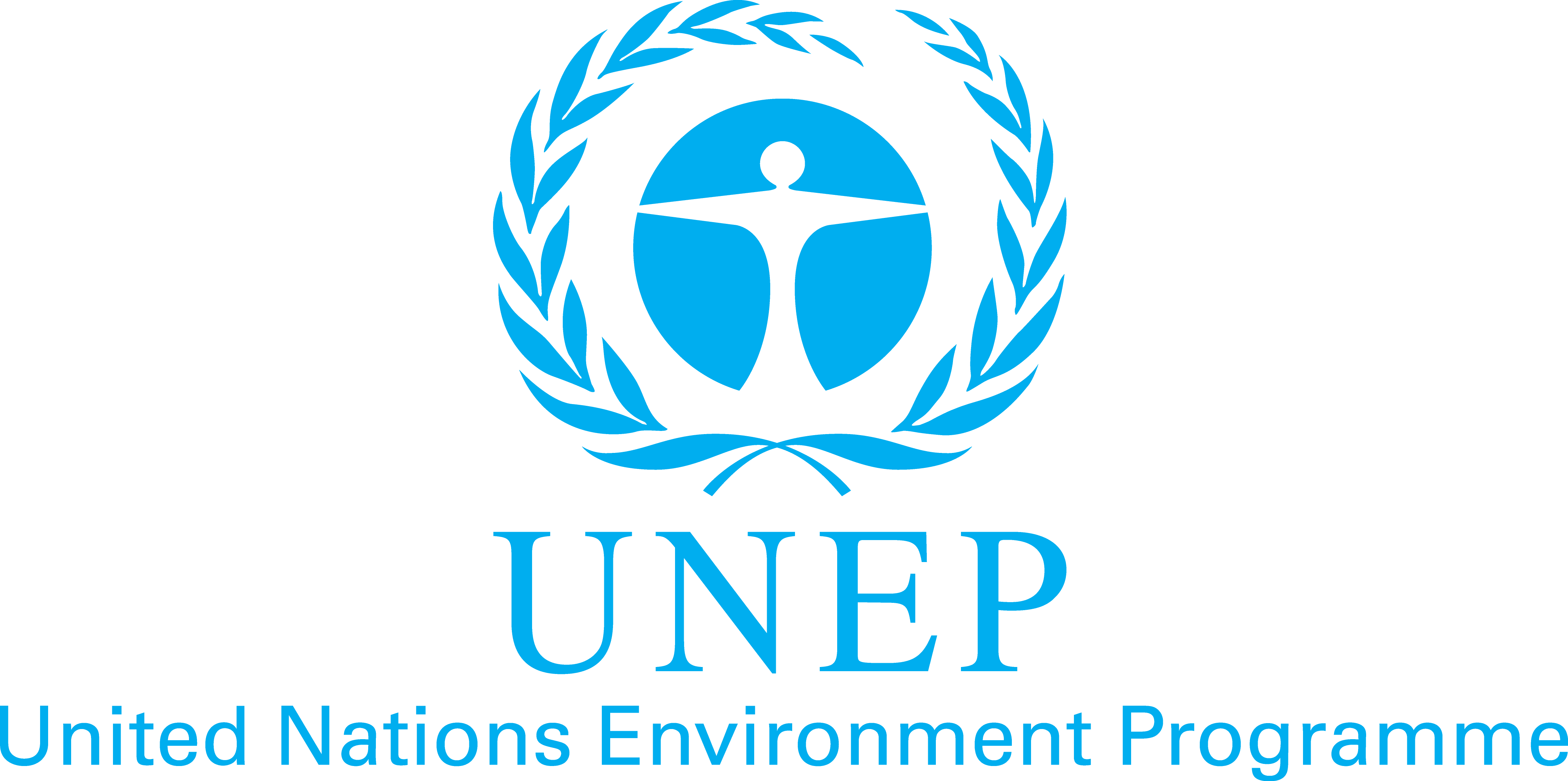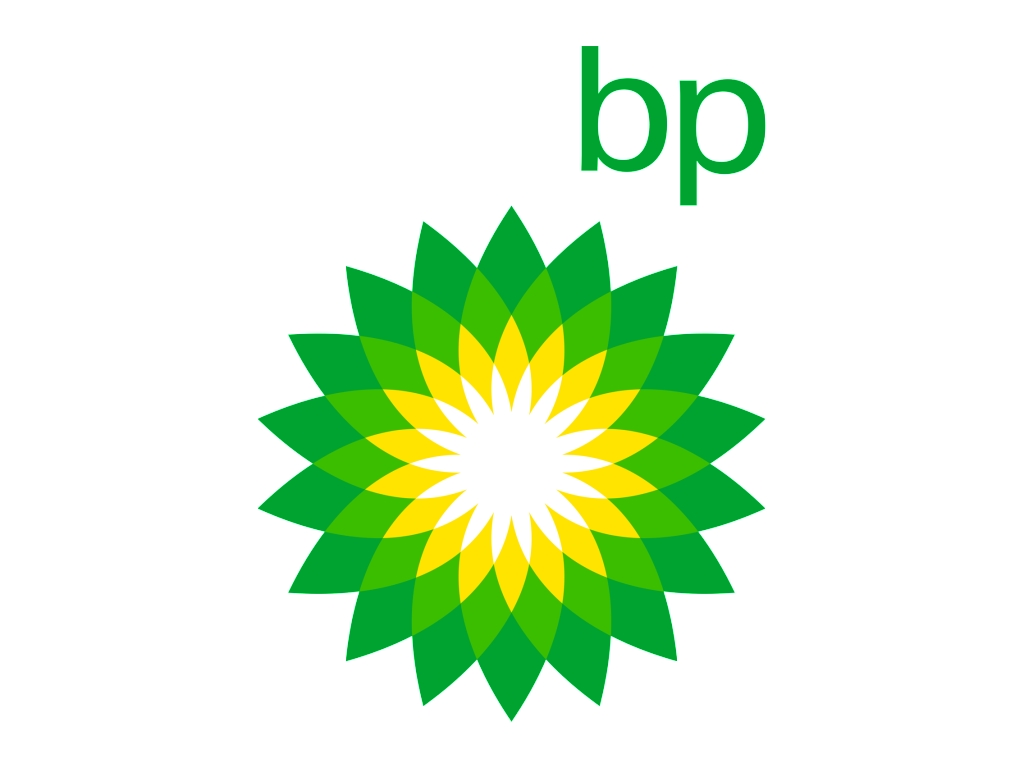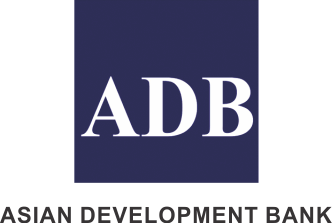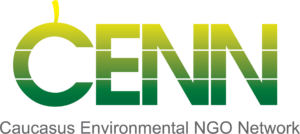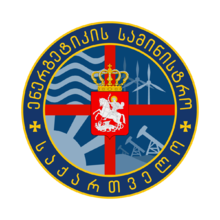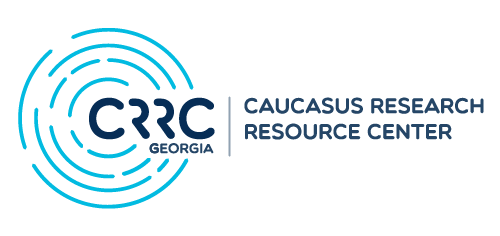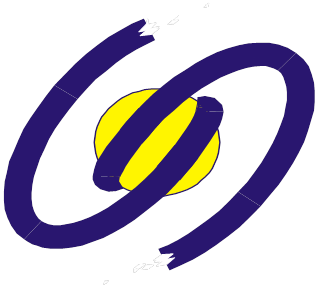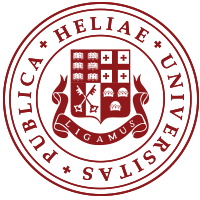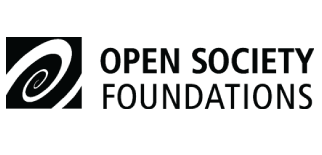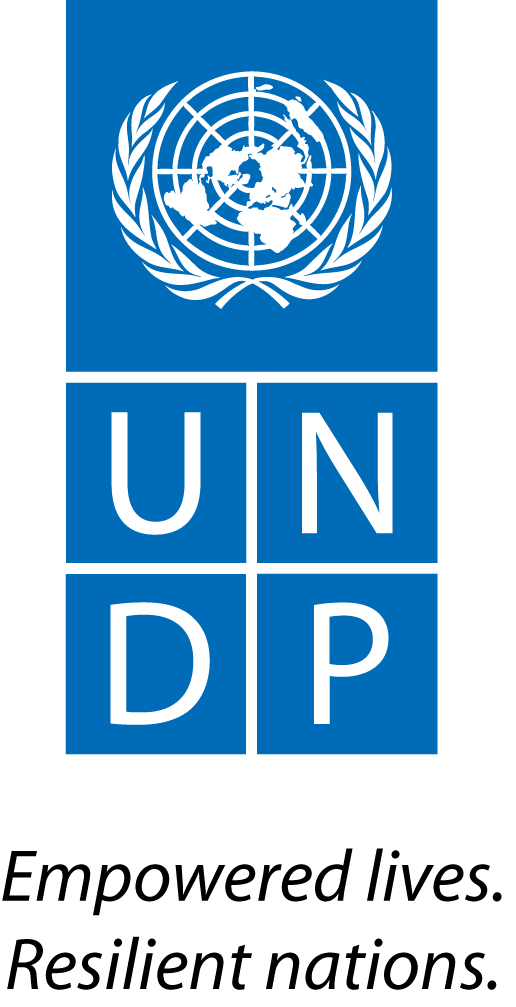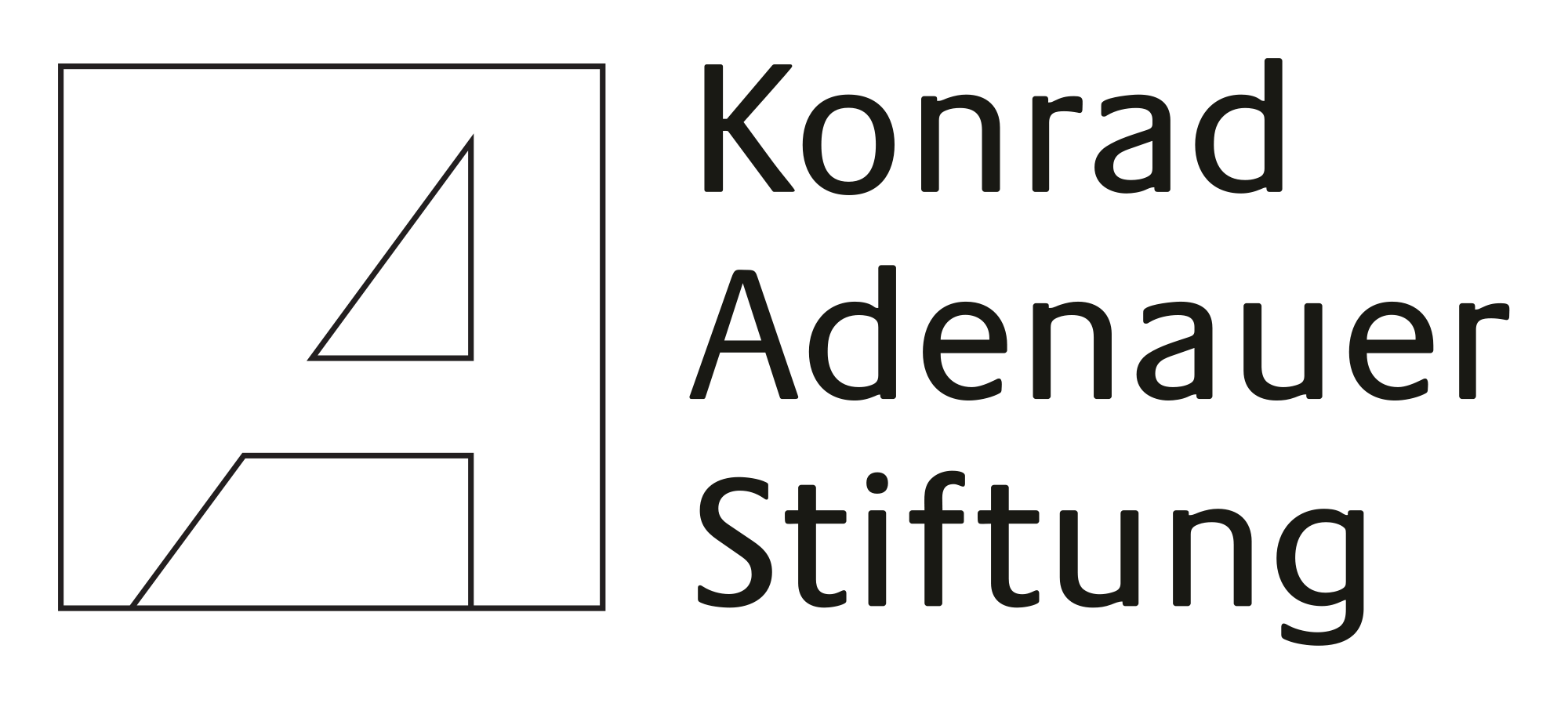WEG Responds GNERC Announcement on Enguri HPP Tariff Discussion
Electricity generated by Enguri/Vardnili cascade constitutes almost half of Georgia’s hydropower generation and is the most important plant for energy system stability. Enguri powerhouse and and Vardnili HPP are located on the Russian occupied territory of Abkhazia. Georgia’s energy dependent on Enguri is one of the most important factor in Georgia-Russia relationship and requires very careful and pragmatic approach.
Enguri cascade is operated by Georgian power engineers and traditionally it has been an example of peaceful cooperation except that Abkhazian side is getting the power without limitations of payment. The share of free electricity being supplied to Abkhazia form Enguri HPP increases from year to year. Moreover, Georgia imports electricity in winter to satisfy electricity demand in Abkhazia which increased by 30% in 2010. This fact contradicts with informal agreement to redistribute Enguri HPP energy with 40/60 share between Abkhazia and other part of Georgia.
It has to be mentioned, that Enguri generated electricity is cheaper compared to other HPPs and its redistribution among distribution companies creates more or less equal price on the wholesale market. Current tariff on Enguri electricity was defined in 2008 and has not since changed despite the investments in HPP rehabilitation and different political and macroeconomic factors.
According to energy specialists, current tariff does not cover full costs of Enguri HPP maintenance and rehabilitation, for example, it does not include rehabilitation of 15 km canal, cleaning of reservoir from sediments etc. which requires many millions of dollars. The rehabilitation is necessary to avoid water losses and damaging of the whole complex.
Recent announcement by GNERC that Enguri HPP tariff is going to be reviewed but that it won’t increase the consumer tariff in 2017 may mean that Enguri rehabilitation costs will be funded from the budget (at the expense of social and development programs) and/or GNERC may be under political influence preventing it from independent economic regulation and setting real cost based tariff. GNERC and thegovernmen also face the challenge of how to account for nonpaid consumption in Abkhazia.
